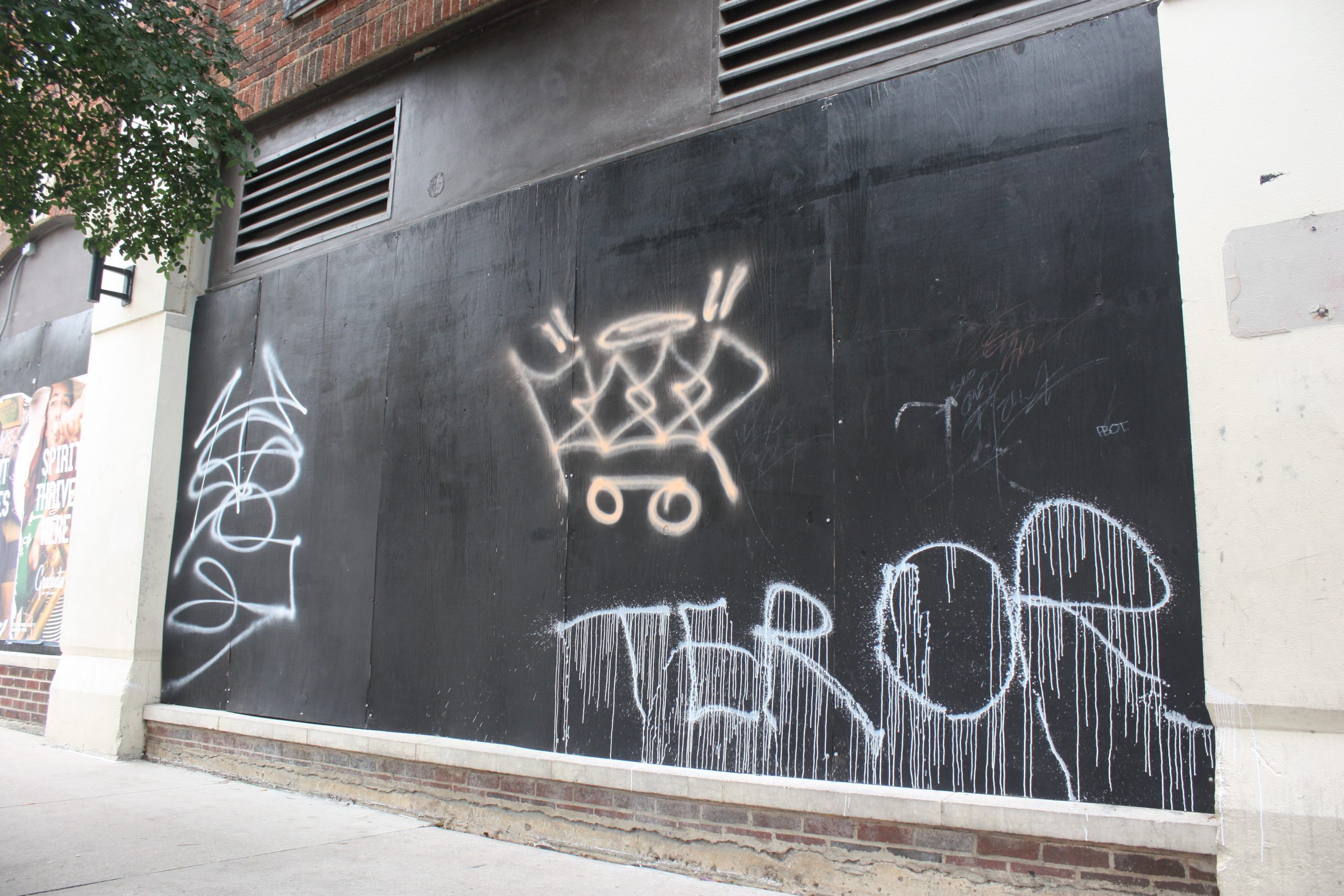The Daily Dose – March 20, 2025
On March 20, 1995, the Tokyo subway sarin gas attack, carried out by members of the Aum Shinrikyo cult,

Today in History: On March 20, 1995, the Aum Shinrikyo cult, a doomsday group led by Shoko Asahara, perpetrated a devastating sarin gas attack on the Tokyo subway, resulting in 13 deaths and thousands of injuries. Driven by apocalyptic beliefs and a desire to disrupt the Japanese government, cult members released liquid sarin, a potent nerve agent, onto subway cars during the morning rush hour. The attack exposed the vulnerability of urban infrastructure to chemical terrorism and prompted a global reassessment of counterterrorism strategies. It led to strengthened emergency response protocols, enhanced detection and prevention of chemical weapons, and increased international cooperation to combat extremism.
1. Gaza Conflict Escalates Amidst Humanitarian Crisis
The ongoing conflict in Gaza has entered a new phase of intensity, with Israeli President Netanyahu saying any addition ceasefire talks will be had “under fire”. Civilian casualties continue to mount, with Gaza’s civil defense agency saying on Thursday that 504 people had been killed since Israel resumed its bombardment, exacerbating an already dire humanitarian crisis. International aid organizations report severe shortages of food, water, and medical supplies, with Israel blocking all aid, including electricity, to Gaza. The United Nations has issued urgent calls for a ceasefire, but diplomatic efforts have yet to yield significant results. The situation remains volatile, with fears of a wider regional escalation growing as tensions rise along the Lebanese border. Medical personnel on the ground are overwhelmed, and temporary shelters are overflowing, leaving thousands without basic necessities.
2. Proposed Dismantling of Department of Education Sparks National Debate
The Trump administration’s proposal to dismantle the Department of Education has ignited a firestorm of controversy across the nation with an executive order expected by end of day Thursday. Supporters argue that the move would return control of education to state and local levels, fostering innovation and addressing unique community needs. Critics, however, warn that such a move would exacerbate existing inequalities, particularly in underserved communities, and undermine national standards. The proposal has divided education experts, with some advocating for a more streamlined federal role and others emphasizing the need for robust national oversight. Congressional hearings are expected to be contentious, as lawmakers debate the potential impact on student outcomes, teacher training, and school funding. The proposal has also sparked a wave of grassroots activism, with parents, teachers, and students organizing protests and lobbying efforts to influence the legislative process.
3. Greenpeace Lawsuit Update: Energy Transfer Receives Partial Payment Amidst Ongoing Appeals
Dallas-based Energy Transfer is set to receive a payment from Greenpeace following the controversial court order stemming from the Dakota Access Pipeline protests. While the environmental organization has initiated appeals, the mandated payment has been made, though Greenpeace maintains that it will continue to fight the legal ruling. The case has drawn widespread attention to the legal challenges faced by environmental activists and organizations, raising concerns about the potential chilling effect on free speech and protest. Energy Transfer, on the other hand, asserts that the ruling upholds the principle of accountability for actions that cause economic damage. The lawsuit has also reignited discussions about the balance between corporate interests and environmental protection, with activists calling for greater transparency and accountability in the energy sector. The legal battle is far from over, with both sides preparing for a protracted appeals process.
4. Ukraine-Russia Ceasefire Talks Seen As Empty Amidst Accusations of Russia Violations
The latest round of ceasefire talks between Ukraine and Russia continue without a breakthrough, with both sides already accusing each other of violating agreements. The ongoing conflict in Eastern Ukraine continues to claim lives and displace civilians, as diplomatic efforts struggle to find a lasting solution. The international community has expressed concern over the escalating tensions, but divisions within the United Nations Security Council have hindered effective intervention. Both Ukrainian and Russian officials have reiterated their commitment to a peaceful resolution, but deep distrust and conflicting territorial claims remain significant obstacles. The humanitarian situation in the conflict zone is deteriorating, with aid organizations struggling to reach those in need. The stalemate has raised fears of a protracted conflict, with potentially destabilizing consequences for the region.
5. Meta’s “Block-List” Controversy Deepens Amidst Free Speech Concerns
Meta’s implementation of a “block-list” feature, designed to filter potentially harmful content, has triggered a wave of criticism from free speech advocates. Critics argue that the feature, which allows users to curate their online experience by blocking certain topics or viewpoints, could lead to the creation of echo chambers and the suppression of dissenting voices. Meta, however, maintains that the block-list is intended to empower users and protect them from harassment and misinformation. The controversy has reignited debates about the role of social media platforms in regulating online content and the balance between free speech and platform responsibility. Civil rights organizations have expressed concern about the potential for the block-list to be used to target marginalized communities, while others argue that it offers a valuable tool for combating online abuse. The debate is likely to continue as Meta faces pressure from both users and regulators to address the concerns raised by the block-list feature.








